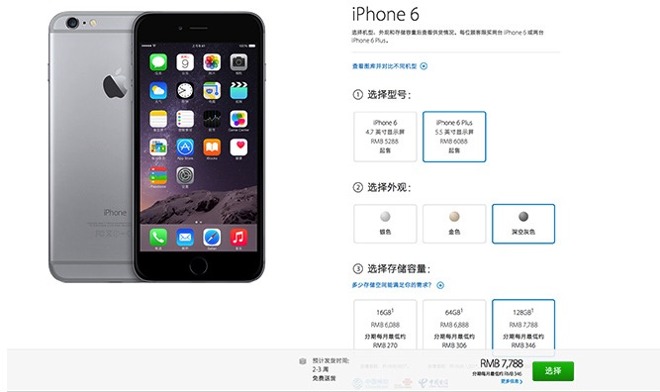Sources close to the investigation on Chinese iPhone 6 models failing with what appears to be a charged battery have told AppleInsider that the main cause of the problems appear to be not related to Apple engineering, but is directly related to the proliferation of low-quality third-party charging peripherals in the country.

According to a preliminary investigation relayed to AppleInsider, poor quality generic charging peripherals, particularly AC to DC converters, are damaging the phone's charge regulating circuitry over time. As a result of the damage, the battery is also not reporting the battery's charge status to the iOS correctly.
AppleInsider was told that "exactly 100 percent" of the phones that have been examined so far manifesting the problem were charged most of the time with non-Apple chargers. AC to DC charging adapters labeled like official Apple adapters can be purchased for as little as $0.50 from disreputable vendors in the country, and cabling is even cheaper.
As a result of the damage seemingly induced by the third-party gear, users are seeing erroneously high charge percentages, leading to the faulty conclusion that the phone is shutting off before being fully depleted. In actuality, the phone is shutting off from a lack of power as the battery is, in fact, drained.
Affected iPhones are powering down with 50 to 60 percent remaining on their battery, the China Consumers Association (CCA) said in a statement on Tuesday. The CCA claims that that "rather many" people have submitted reports of the flaw, all with the same manifestation.
The phones are failing when the battery is completely drained, which is also preventing the battery from charging. In most cases, the investigators are finding that a battery replacement only fixes the problem temporarily, as the charging circuitry is still damaged.
The only long-term fix for an iPhone 6 that has been damaged by low-quality charging peripherals is a motherboard replacement, or a third-party integrated charging circuit replacement.
The most recent reports from China are not the only problems that have been reported with poor-quality charging gear. Google Pixel team member Benson Leung has been reviewing USB-C cables on Amazon, and has discovered some problematic offerings that could potentially lead to damage of connected gear.
Additionally, engineer Ken Shirriff has examined the Apple iPhone charger in detail, and found a number of features engineered into the adapter not found in sub-par alternatives to protect connected devices from damage.


